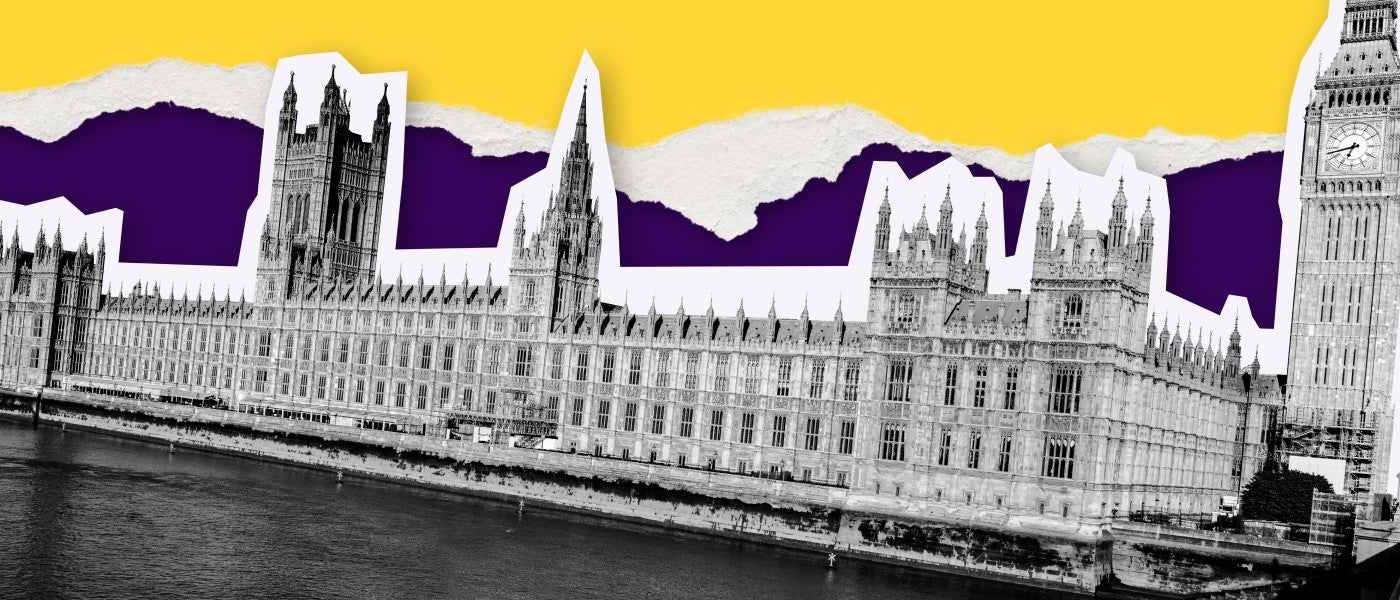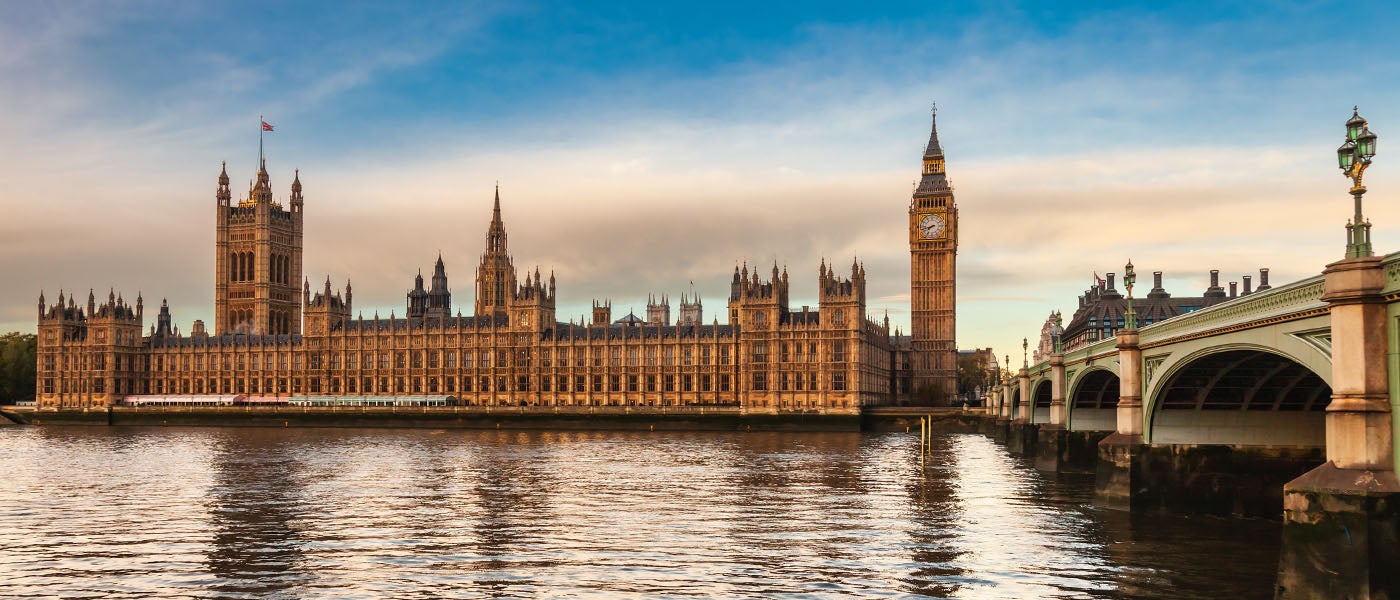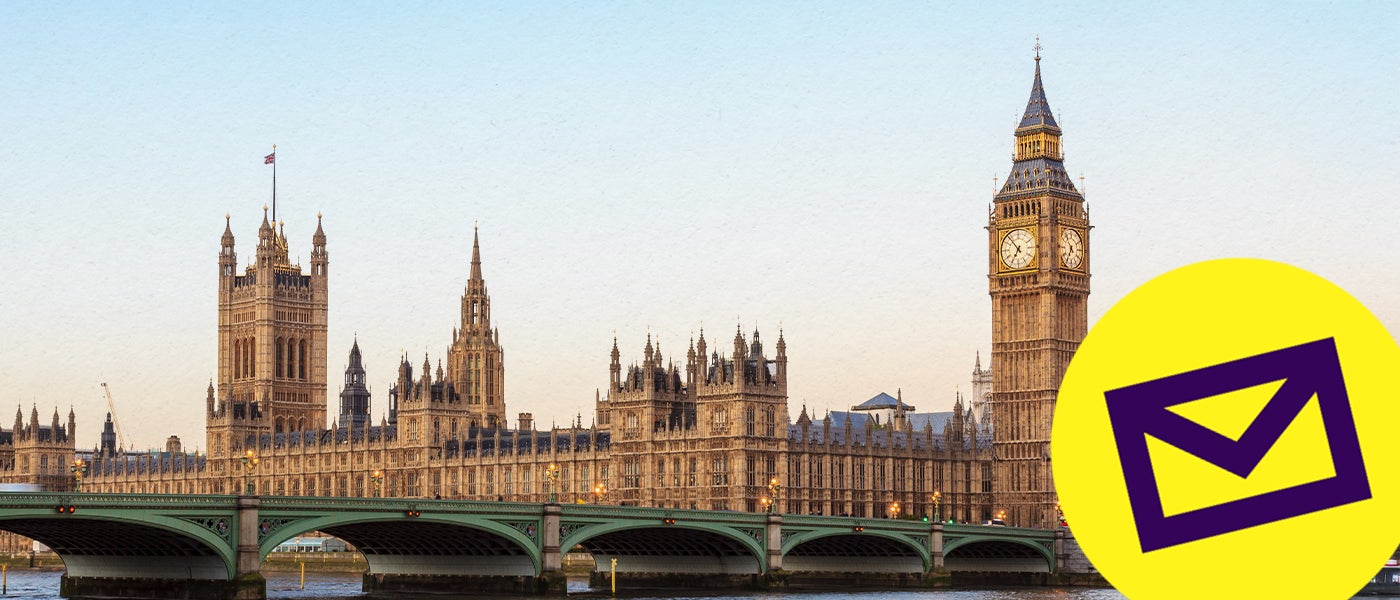- Home
- News and stories
- The Government's proposed changes to Personal Independence Payment (PIP) explained.
The Government's proposed changes to Personal Independence Payment (PIP) explained.
 29 May 2024
29 May 2024
Find out more about the proposed changes to PIP and how you can take action.
On Friday 19 April the Prime Minister announced his intention to make changes to Personal Independence Payments (PIP). On Monday 29 April, Secretary of State for Work and Pensions, Mel Stride published a consultation setting out more details. The consultation will be open for 12 weeks.
Nobody is at risk at the moment. The consultation will take a while to complete and it's unlikely that any changes will be imposed before this year's general election.
The Government has also said it plans to review the ‘sick note’ process. This is the process under which GPs currently sign people off work if they have been unwell for more than 7 days. The two announcements came at the same time, but they address different things. These should not be conflated.
What is PIP?
Personal Independence Payment (PIP) is a benefit to help with the extra costs disabled people face in life, whether they’re in work or not.
The PIP assessment isn’t intended to assess someone’s capability to work. It’s to capture the extra costs disabled people face in life.
It is not means tested, so disabled people can claim it regardless of income or whether they are working. To get PIP you need to have a long-term health condition or impairment that means you have difficulty doing everyday tasks or getting around. It has to have lasted for at least three months, and you need to think it will last at least another nine months. You also need to be 16 or over and below state pension age, and you do not need a formal diagnosis to be eligible for PIP.
If you think you should get PIP, but you’re not sure, you can look up the assessment criteria online.
What is being proposed?
The Government has said that the bill for PIP is unsustainable and has made some suggestions for reform. These include:
- Vouchers for specific services, instead of cash payments
- One-off payments for home adaptations, rather than ongoing payments
- Asking disabled people to provide receipts for one-off purchases, which would then be reimbursed.
- Changing the criteria and questions that determine whether someone is eligible for PIP. This means some people who are currently eligible might not be in the future.
- Changing the qualifying period for PIP, and the test that determines if a condition is ‘long-term’.
- Directing people with mental health conditions towards treatment, rather than of payments.
- Requiring a formal diagnosis by a medical expert. And focusing much more on what condition you have, rather than its impact on your life.
- Ending the PIP assessment altogether for people with certain long term conditions. This includes people with terminal illnesses.
Why is the Government doing this?
The Government has said that the welfare bill is rising at an “unsustainable rate” and that it is time to reform PIP and other benefits.
The Government claims that there isn't enough flexibility in the way that PIP is awarded. It claims that for some people, treatment and support would provide a better outcome than ongoing payments.
The Government also believes that in some cases, a one-off payment to cover things likes home adaptations might make more sense. And it has suggested that some of the extra costs people face are already being dealt with through the NHS or social care.
What does Scope think of the proposals?
We are deeply concerned by these proposals. It’s hard to have any faith that this consultation is about anything other than cutting the benefits bill, no matter the impact on people’s lives.
We know that life costs a lot more for disabled people, including people with mental health conditions. Our research shows that disabled people need £975 more a month, on average, to have the same standard of living as a non-disabled person. This figure is updated yearly. Check the latest figure.
Threatening to take away the low amount of income PIP provides won't solve the country's problems. Many of the current issues the Government has been speaking about have other causes. These include crumbling public services, poor quality jobs and increasing rates of poverty.
We believe the government should end this reckless assault on disabled people and focus on how to fix the real underlying issues.
How can I take action?
It’s important to know that nothing is changing right now – these are just proposals.
You can let the Government know what you think about their ideas by responding to the consultation.
You can also share your experience with us. In response to the announcements, we created a petition that calls on the Government to stop demonising disabled people. We have now updated the petition to give people who have applied for PIP the added opportunity to tell us what they think about the proposals. If you have already signed the petition, you can sign it again to see the consultation question. We will only count your signature once. We will use your responses to help inform Scope's response to the consultation.
 29 May 2024
29 May 2024







